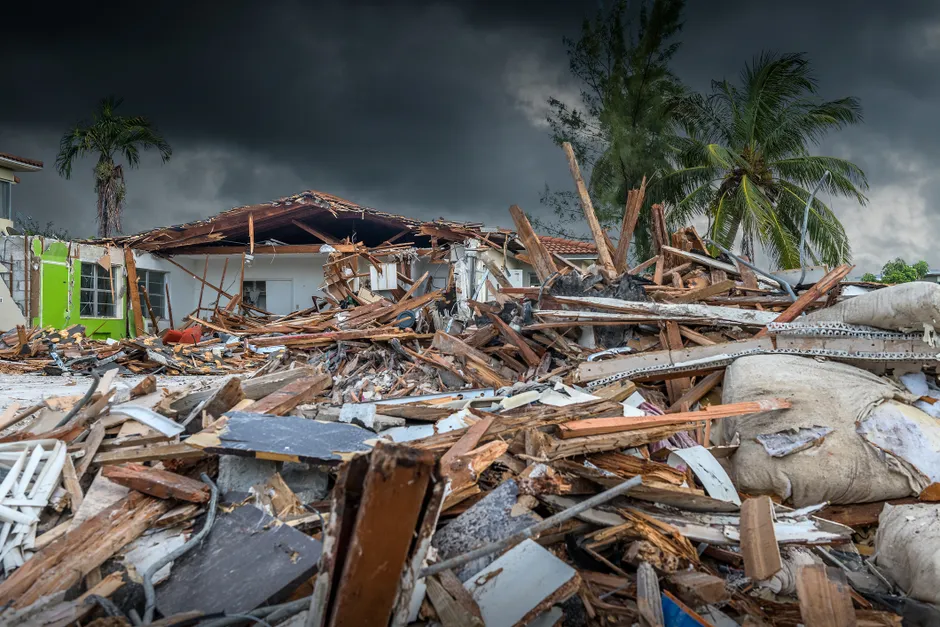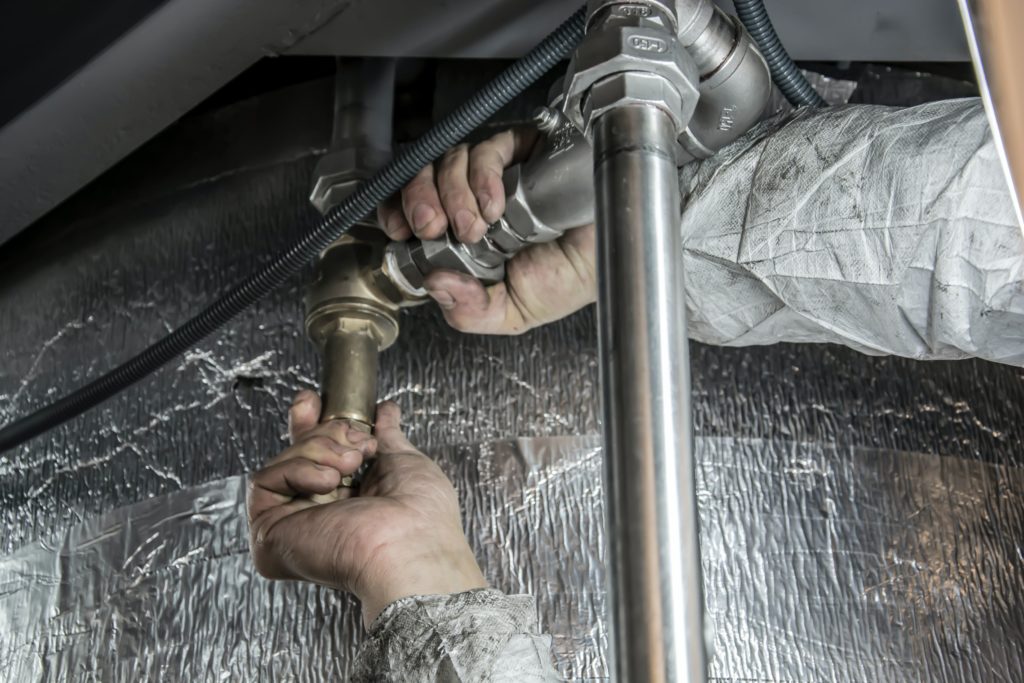Disasters can strike at any time and often when least expected. While you can’t always prevent them, there’re steps to reduce the risk of a disaster. You’ll protect your investment, have more peace of mind and save money in the long run. Here are a few.
Clean the Drains
Drain cleaning prevents clogs that lead to water damage. It’s a good idea to clean the drains at least once a year and more often if you have a lot of hair or grease build-up. You can do this yourself with a plunger or plumber’s snake or hire a professional.
An expert like Kellie Plumbing | Drain Cleaning will go an extra step and use a video camera to inspect the drain for potential problems. They’ll also advice you on the best way to avoid clogs in the future. As a part of keeping the system clean, never pour grease down the drain.
Replace the Hoses
The hoses that connect your washing machine, dishwasher, and other appliances to the water supply lines are susceptible to wear and tear. They develop cracks or holes that cause water leaks. Check the hoses regularly for signs of damage, and replace them every five years or sooner.
You can buy new hoses at most hardware stores. Remember to turn off the water supply before disconnecting the old hose and attaching the new one. Scheduling regular maintenance services for all your appliances will make them last longer and prevent leaks.
Inspect the Roof
The roof is your home’s first line of defense against the elements. Have a professional inspect it regularly for damage and make repairs as soon as possible. Look for missing, cracked, or curling shingles, and clean the gutters.
Ice dams in winter can cause severe water damage. They form when part of the roof is warmer than the rest, causing snow to melt and run down the roof. The water refreezes at the roof’s edge, forming a dam that prevents melted snow from draining properly. This can lead to leaks and water damage inside the home. To prevent ice dams, make sure your attic is well-insulated and ventilated.

Check the Foundation
The foundation of your home is subject to settling and cracking over time. Water can seep into these cracks and cause severe damage. Inspect the foundation regularly for cracks, and repair them as soon as possible. You can do this with a concrete patching kit or hire a professional. Besides this, clean gutters and downspouts near the foundation to prevent water from seeping in.
Maintain Your HVAC System
Your heating, ventilation, and air conditioning (HVAC) systems keep your home comfortable year-round. They also discourage mold and mildew growth by circulating fresh air and keeping the indoor humidity low.
These systems need regular maintenance to function correctly. Clean or replace the air filters after three months, and have a professional inspect and service the unit at least once a year. The exercise will prevent expensive repairs keeping your home comfortable.
Keep Pests Under Control
Pests can damage your home and property, and some pose a health risk. Signs of an infestation include droppings, nests, or damage to wood. Call a professional exterminator right away.
Seal cracks or holes that pests could use to get into your home. Also, keep your yard free of debris and clutter, and trim back any trees or bushes that touch your house. This will make it harder for pests to get inside.
Check the Smoke and Carbon Monoxide Alarms
Smoke and carbon monoxide (CO) alarms are essential for home safety. They detect dangerous levels of smoke or CO and sound an alarm to alert you. Install them on every level of your home. Test the alarms monthly, and replace the batteries at least once a year. If an alarm sounds, evacuate the house immediately and call 911.
Check for Water Damage
Leaks, flooding, and other water damage can ruin your home. Check for signs of water damage regularly, such as peeling paint, stains on ceilings or walls, or mold growth. If you find any water damage, call a professional to assess the situation and make repairs.
Home Maintenance Saves You Money
Regular home maintenance is essential to keeping your property in good condition. You’ll prevent disasters and save money on costly repairs. Your home will be more comfortable and valuable, and you’ll enjoy peace of mind knowing that it’s well-maintained.






